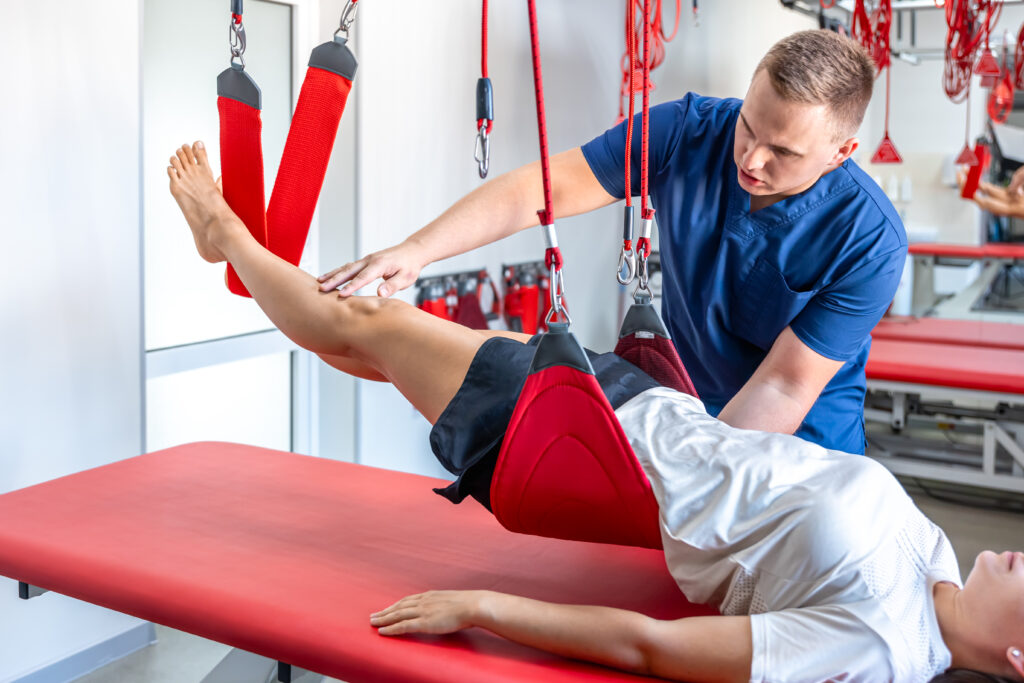Unlocking the Science of Movement: Kinesiology and National Kinesiology Week

Kinesiology is the study of human movement, a multidisciplinary field that explores how our bodies move, function, and adapt. It encompasses a wide range of subjects, including anatomy, physiology, biomechanics, exercise science, and psychology. Kinesiologists are experts in understanding and enhancing human performance and physical well-being. To celebrate and raise awareness of this vital field, National Kinesiology Week is observed from November 20 to 26. Let’s explore the fascinating world of kinesiology and the significance of this week.
What is Kinesiology?
Kinesiology is the scientific study of human movement and how it impacts health, well-being, and overall performance. It delves into various aspects of movement, including:
1. Anatomy: Kinesiologists study the structure and function of the human body, including muscles, bones, joints, and organs, to understand how they contribute to movement.
2. Physiology: They examine the physiological responses of the body during physical activity and exercise, including how the cardiovascular, respiratory, and nervous systems adapt and function.
3. Biomechanics: Kinesiologists analyze the mechanics of movement, including the forces, levers, and angles that influence performance and injury prevention.
4. Exercise Science: They design and implement exercise programs to improve physical fitness, strength, and endurance.
5. Psychology: Understanding the psychological factors that influence movement and exercise adherence is crucial in kinesiology. This includes motivation, behavior change, and mental strategies for performance enhancement.
6. Rehabilitation: Kinesiologists work with individuals recovering from injuries or surgeries, helping them regain mobility and function through exercise and movement therapies.
The Significance of Kinesiology:
Kinesiologists play a pivotal role in various areas, including sports performance enhancement, physical therapy, workplace ergonomics, and health promotion. Their expertise is instrumental in preventing injuries, improving physical fitness, and enhancing overall well-being. Whether in clinical settings, fitness centers, or research laboratories, kinesiologists work to optimize human movement and health.
National Kinesiology Week:
National Kinesiology Week, celebrated from November 20 to 26, serves several essential purposes:
1. Raising Awareness: This week brings kinesiology to the forefront, educating the public about the significance of the field and its impact on health and performance.
2. Advocacy: It’s an opportunity to advocate for kinesiology as a respected and valuable profession. Kinesiologists provide crucial services in various sectors, and this week helps highlight their contributions.
3. Community Engagement: National Kinesiology Week fosters community engagement and promotes the benefits of physical activity and exercise in improving health and well-being.
4. Continuing Education: Kinesiologists often use this week to offer educational events, workshops, and resources to further their own knowledge and that of the general public.
How to Celebrate National Kinesiology Week:
- Attend educational events and workshops related to kinesiology.
- Engage in physical activities and encourage others to do the same to promote movement and well-being.
- Share information about kinesiology and its benefits on social media to raise awareness.
- Explore how kinesiologists can contribute to improving your health and fitness goals.
Kinesiology is a dynamic field that plays a pivotal role in enhancing human movement, health, and well-being. National Kinesiology Week is a time to celebrate the contributions of kinesiologists and to acknowledge the importance of movement in our lives. It’s an opportunity to unlock the science of movement and understand how it can lead to a healthier, more active future.
